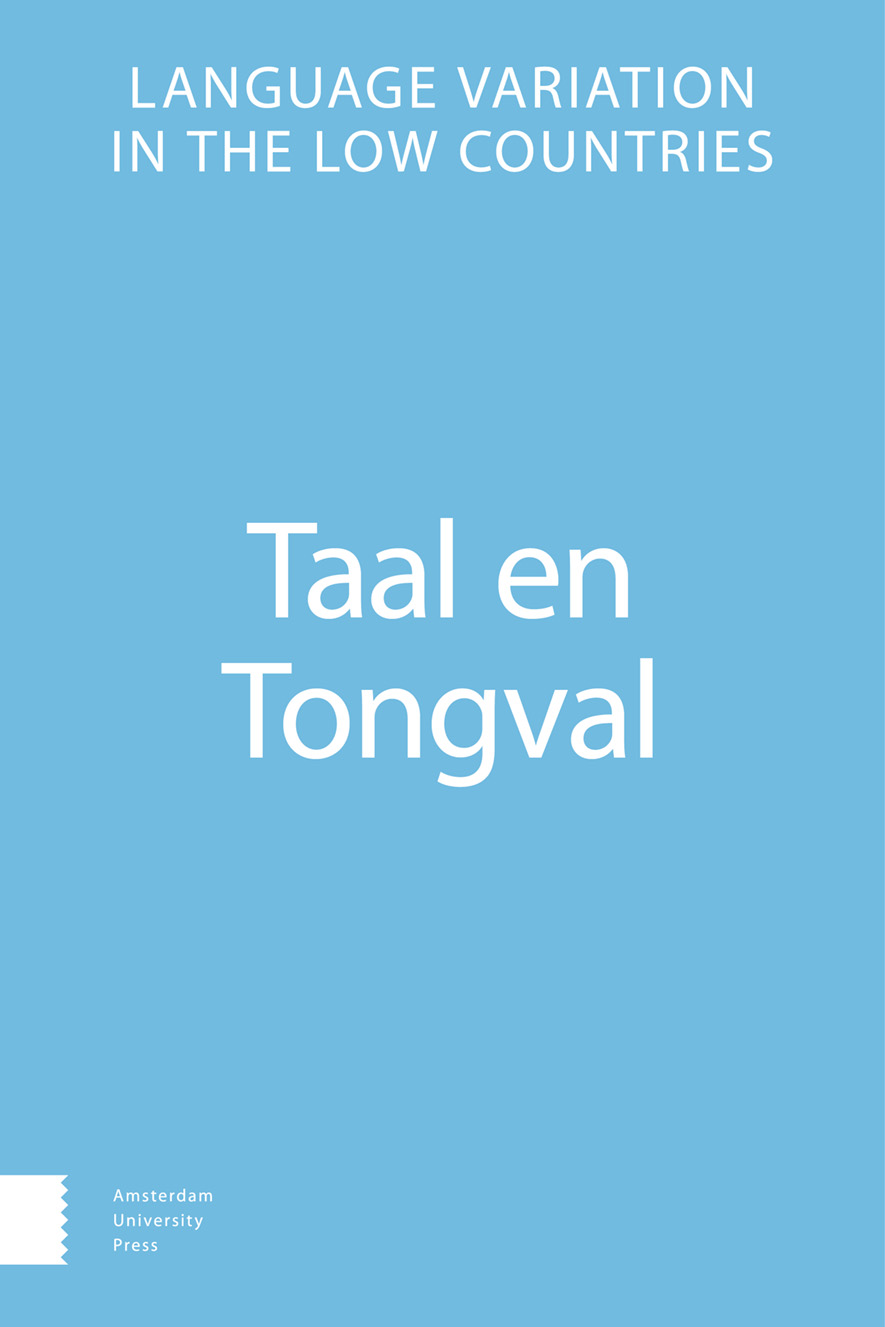-
oa Small but tough - Diminutive suffixes in seventeenth-century Dutch private letters
- Amsterdam University Press
- Source: Taal en Tongval, Volume 65, Issue 1, mei 2013, p. 73 - 96
Samenvatting
During the seventeenth century, the use of diminutive suffixes in Dutch was changing: the [kə] suffix was making way for the present-day Standard suffix [jə] – a transition which involved many hybrid suffixes – and the present-day substandard [i] also made its entrance. In this paper, the use of the different types of diminutives in private letters of the seventeenth-century Letters as Loot corpus will be examined for regional and social variation. This corpus consists of 595 letters – 545 of which are private – written by men and women of different social backgrounds. Its contents enable historical (socio)linguists to extensively examine seventeenth-century Dutch from the perspective of the language history ‘from below’ for the first time. However, examining the seventeenth-century diminutive suffixes is a difficult enterprise, for the various spelling forms in the letters frequently obscure the difference between the phonological types of suffixes [i] and [jə]. In order to shed new light on the history of Dutch diminutive suffixes, this paper also presents a method of analysis to categorise particular spelling forms as particular phonological types of suffixes.


